SUMMARY
Solid waste management is an important basic urban service, by and large, performed by Urban Local Bodies. The waste in Indian cities has increased drastically in the last decade. Despite various technologies available to recycle and treat waste, the municipalities are unable to satisfactorily fulfill their duties. Thus, piled up waste heaps are a common sight in Indian cities, and Bhuj is not an exception. The plight of waste management annoys me, thus, I have been trying to involve citizens and make the administration accountable to responsibly clean up our city. In the last few years, several pilots have been created, and some of the practices are still successfully running whereas some didn’t continue due to the apathy of the administration.
The initiatives are:
My work is supported by Sahjeevan and Bhuj Municipality.
DETAILS OF WORKS AND EXPERIENCES
The initiatives taken so far are mentioned below:
1. Bhuj Municipality was assisted to prepare a comprehensive city level Solid Waste Management Plan to get state and central support under Swachh Bharat Mission. The Plan has been submitted for approval to the State Government with a budget of Rs. 3.5 crores to build and improve existing collection and recycling infrastructure for the city. The Municipality has recently allocated space for the first recycling centre at the Nagor dump site. Slum redevelopment sites under Rajiv Awas Yojana will also have similar waste recycling centres. Salient features of SWM Plan are:
2. Sakhi Sangini members were engaged in the door-to-door collection of waste for 10,000 families in the old part of the city in 2009-10 whereas entrepreneurs having loading auto-rickshaws were engaged in two other wards of Bhuj. The experience demonstrated that households were willing to pay Rs. The 30-50per month if a daily service is efficiently provided. At present, the municipality only collects Rs. 5 per family per month. Therefore, Rs. 20more is required to run the service efficiently.
3. Three technical experiments have been evolved and tested by three organizations for recycling of waste.
4. The waste pickers of the city have been organized to segregate and aggregate waste to be supplied to intermediaries who supply waste for recycling to industries.
5. Institutional campuses are provided services by linking waste pickers to operating a zero waste centre that collects and adds value to the waste within the campus. Lalan College and the Army campus are such examples.
WAY FORWARD
- Facilitating Municipality to execute components of Solid Waste Management Plan prepared for the City.
- Setting-up ‘Decentralised Waste Segregation and Recycling Centre’ and linking waste pickers to run the centre. Five such centres are required to manage the entire waste generated by the city.
- Waste pickers will be organized to run scrap shops as collective enterprises.
- Waste recycling facilities (machinery) will be established at waste segregation centre with financial support from State Government.
- Engage private agencies to set-up machines and train local manpower for waste management at large scale.


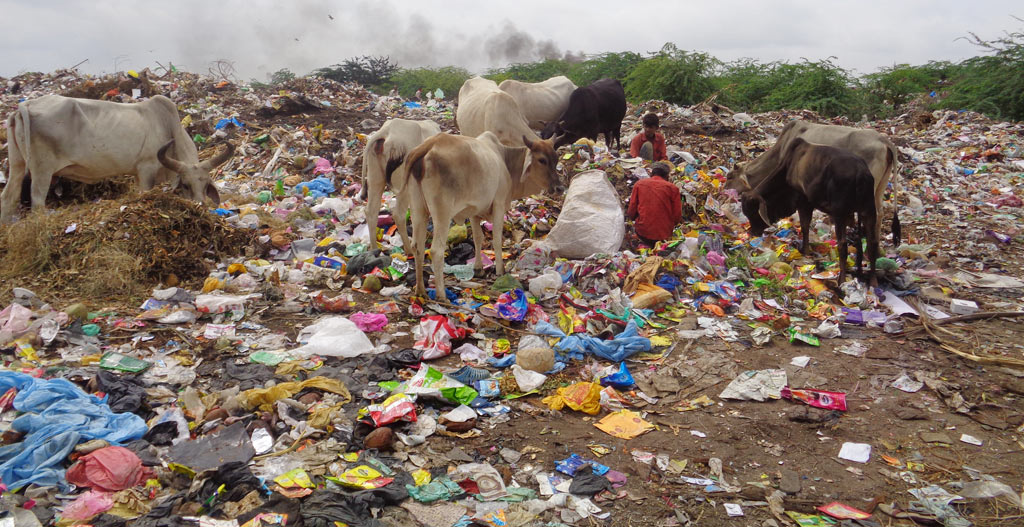

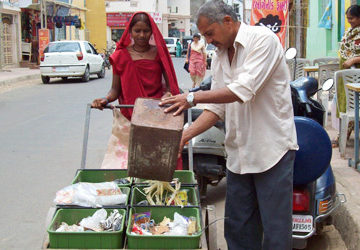
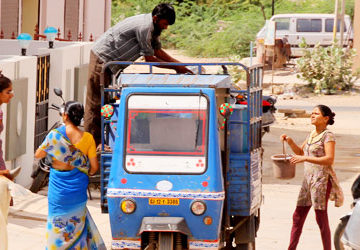
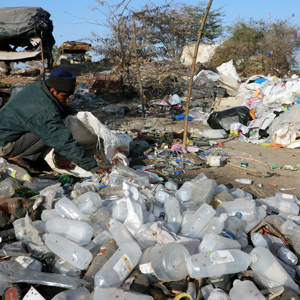
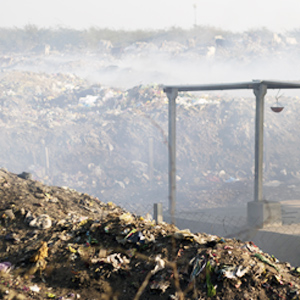
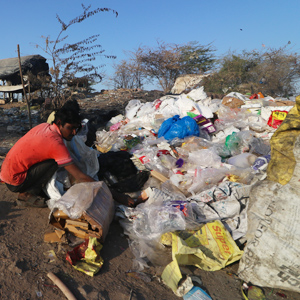
No Comment
Comments are closed here.